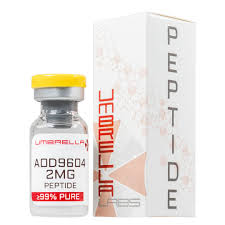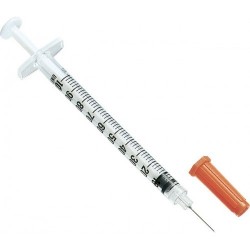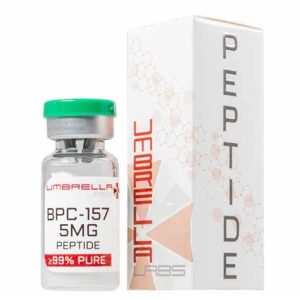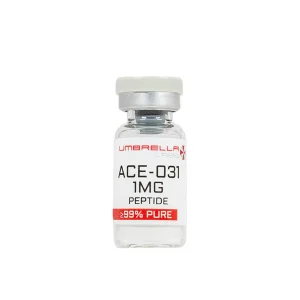Your cart is currently empty!

AOD-9604 – 2 mg
AOD9604 is a peptide that is considered to be a modified fragment of growth hormone that has been shown to reduce body fat and regulate metabolism
Description
AOD9604 is a peptide that is considered to be a modified fragment of growth hormone that has been shown to reduce body fat and regulate metabolism. In a study conducted by Ng et. Al, obese Zucker rats were received a dose of 500 micrograms/kg of body weight over the course of 19 days. After the 19 days, researchers discovered that compared to the control group, the experimental group of rats lost 50% body weight. Additionally it was noted that in the rats treated with AOD9604, there were increased rates of lipolytic activity, as well as no negative effect on insulin sensitivity which has been seen in animals treated with human growth hormone (https://pubmed.ncbi.nlm.nih.gov/11146367/).
A similar study conducted by Heffernan et. Al tested the effects of AOD9604 on not only lipolytic sensitivity, but also explored the pathway through which AOD9604 drives weight loss. The researchers hypothesized that weight loss with AOD9604 was driven by the beta-adrenergic pathway, more specifically the beta(3)-adrenergic receptors.
It was found through preliminary research that treatment with AOD9604 over the course of 14 days in obese mice led to decreased body weight and body fat and was shown to increase the activity of the beta(3)-adrenergic receptors in the fat cells to the same level as those in lean mice. In the next step of the experiment, the researchers removed the beta(3)-adrenergic receptors in order to see the resulting effect on weight loss. In the knockout mice, there was no significant decrease in body weight or lipolysis, thus indicating the importance of the beta-adrenergic pathways in weight loss. However, additional data was gathered with the knockout mice that indicated that while AOD9604 did not lead to significant weight loss or increase in lipolysis without the beta(3)-adrenergic receptors, there was an increase in energy expenditure and fat oxidation. Overall the study concluded that AOD9604 was shown to be beneficial in obese mice both with and without the beta(3)-adrenergic receptors present. (https://pubmed.ncbi.nlm.nih.gov/11713213/).
Heffereman et. Al conducted another study regarding the effects of AOD9604 on weight loss and fat oxidation rates, as well as to see how AOD9604 interacted with the receptor for human growth hormone (hGH). Obese and lean mice were given either saline, AOD9604, or hGH through an osmotic pump over the course of 14 days. Variables such as body weight, calorie intake, energy expenditure, glucose, and fat oxidation, insulin, and glycerol were measured before and after treatment with AOD9604 and hGH.
It was found that both AOD9604 and hGH resulted in fat loss in association with increased fat oxidation as well as increased levels of glycerol (relating to lipolysis), However, an added benefit of AOD9604 was that it did not lead to hyperglycemia in the mice or reduced insulin sensitivity. Additionally, it was noted that AOD9604 did not compete for the hGH receptor nor did it increase cell proliferation (https://pubmed.ncbi.nlm.nih.gov/11673763/).
Molecular FormulaC₈₀H₁₂₇N₂₃O₂₅S₂
Molecular Weight1875.1
Purity≥99% Pure (LC-MS)
StorageStore in a dry, cool, dark place. For best preservation, store at 4°C or colder away from bright light.
TermsAll products are for laboratory developmental research USE ONLY. Products are not for human consumption.








Reviews
There are no reviews yet.